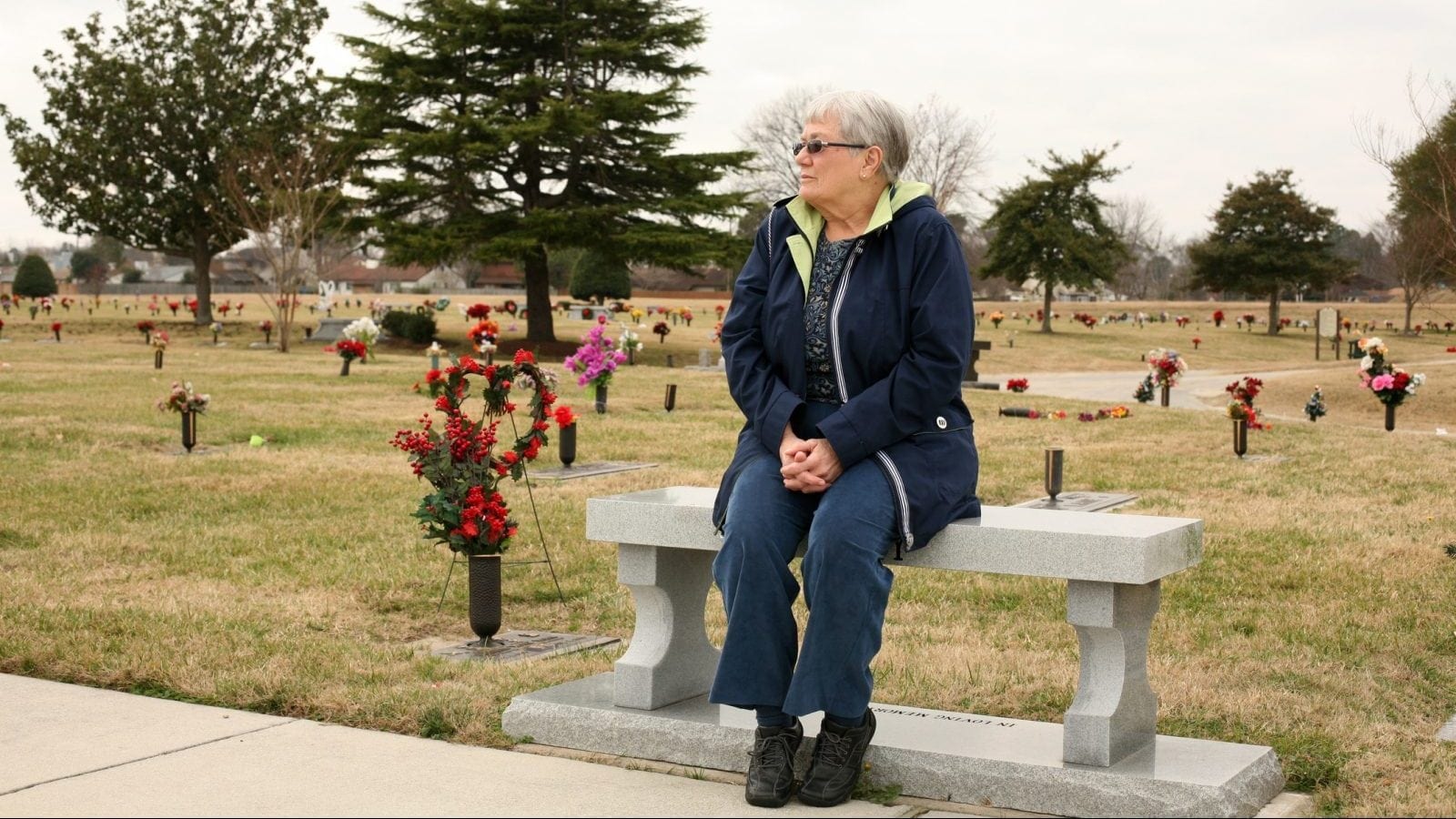
When your spouse has died unexpectedly, it can mean your family has lost both a loved one and the primary earner. If your deceased spouse was your family’s main source of income, it can leave you and your children in a very dire financial situation. Fortunately, if your spouse worked long enough to be eligible for Social Security Disability Insurance or Social Security retirement benefits, you may be able to receive surviving spouse payments.
Because there are very specific requirements for receiving a surviving spouse payment, it’s important to learn more about your options and how you should apply. Read about Social Security benefits for a surviving spouse and discover the payment amounts you might be able to receive if you are approved for benefits.
Mother’s and Father’s Benefit
The first type of surviving spouse benefit you might be able to receive is known as a mother’s or father’s benefit. These payments are granted if you are the primary caregiver to at least one of your deceased spouse’s children. However, the child must be under the age of 16 or disabled and under the age of 22. If your child with a disability is over 22, their disability must have existed before they turned this age.
For most spousal benefits, your deceased spouse must have worked for ten of the past twenty years. With mother’s and father’s benefits, however, your spouse needs to have worked one and a half years in the last three. These payments will end when your child turns 16 or if they are no longer disabled.
Spousal Benefits
Another way to receive payments as a surviving spouse is through widow’s or widower’s benefits. These benefits are meant for surviving spouses who are not caring for a minor or disabled child.
The primary requirement to receive these benefits is that your spouse was receiving or was eligible to receive SSDI payments. However, there are a few other requirements you must meet. First, if you are disabled, between 50 and 60-years-old and your disability occurred within seven years of your spouse’s death, you can receive payments. Second, you can receive payments if you are over the age of 60.
Your widow or widower’s benefits will end if you remarry or if your own Social Security benefits are a higher amount than your surviving spouse’s benefits.
What If You’re Divorced?
In some circumstances, you can receive surviving spouse benefits even if you and the deceased have divorced. As with other benefits, the deceased must have been eligible for SSDI. In addition, you must either be over the age of 60, over 50 and disabled or be presently caring for your divorced spouse’s disabled or underage children. If you don’t meet one of these criteria, you will not receive survivor’s benefits as a divorced spouse.
Possible Benefit Amounts
A question that most people seeking survivor’s benefits ask is how much their payment amount might be. A number of your benefits will depend on your deceased spouse’s earnings and your age.
If you are over the full retirement age—66 to 67—you will receive 100% of your spouse’s monthly benefit amount. If you are between 60 and the retirement age, you can receive 71% to 99% of the benefit amount. Be aware that your spousal benefits will be reduced if your children are also collecting benefits. Also, you cannot receive more than the max family benefit, which is usually 150% to 180% of the monthly benefits.
Get Help Collecting Social Security as a Surviving Spouse
If you’re having trouble receiving your deserved Social Security benefits as a surviving spouse, you need legal representation from The Law Offices of Dr. Bill LaTour. We can help you negotiate with the Social Security Administration so that you get the benefits you need.
We’ve been helping disabled individuals in the Greater Los Angeles area, the Inland Empire, and Orange County get the disability benefits they need for years. Call Dr. Bill LaTour and his team today at 800-803-5090 or fill out our online form to schedule a free consultation.







